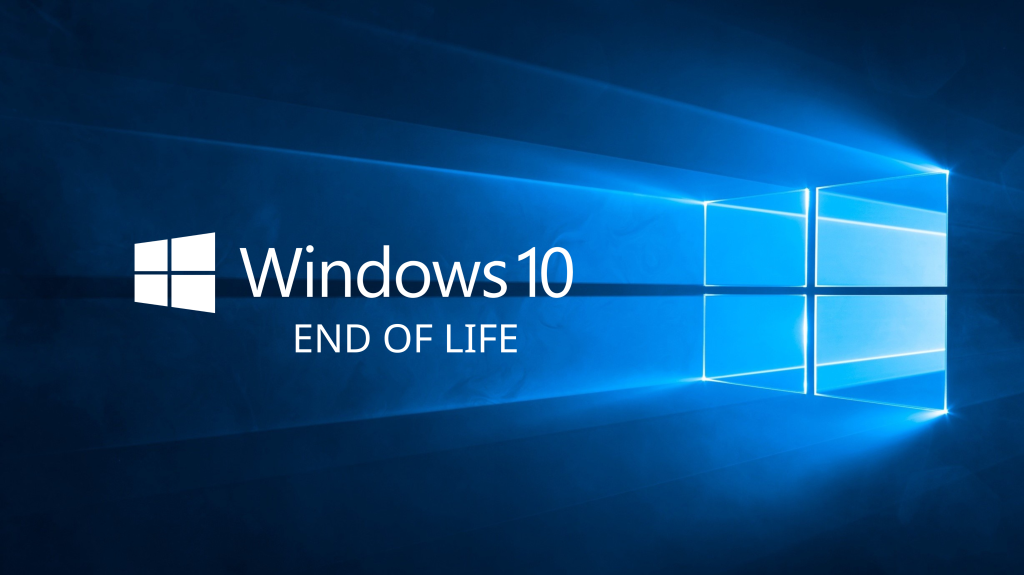
It might not be a flood, fire or power outage. The real risk could be something far less obvious but just as disruptive. Relying on outdated operating systems can quietly undermine your security, efficiency and competitiveness.
Don’t wait for a preventable issue to halt your operations. Now is the time to act.
In just over two months, Microsoft will officially stop providing free support for Windows 10.
This means it will no longer receive security updates, bug fixes or technical support from Microsoft.
For businesses still operating on Windows 10, this is not merely an inconvenience as it represents a significant security risk.
Without ongoing updates, each device running Windows 10 becomes a potential entry point for cyber criminals. And with the increasing frequency and sophistication of cyberattacks, this is not a distant concern, it’s an immediate and pressing threat.
You wouldn’t leave your office door unlocked… so why leave your systems exposed?
What is even more concerning is that many business leaders remain unaware of the impending changes. A recent survey revealed that 18% were entirely unaware that support for Windows 10 is ending, while an additional 14% had acknowledged the issue but had yet to begin planning for it.
This means a significant number of businesses are facing serious risks, including operational disruption, data breaches and potentially severe security incidents.
Some businesses are considering Microsoft’s Extended Security Updates (ESUs) as a way to delay the transition. While ESUs will be available, they are not free and they are not a long-term solution. At best, they offer temporary protection, without access to new features, performance improvements or enhanced functionality. Furthermore, the cost of ESUs increases each year, adding to the financial burden over time.
A more strategic and cost-effective approach is to upgrade to Windows 11. It offers enhanced speed, improved security and is designed to support the modern demands of today’s workplace.
However, upgrading is not always as straightforward as it may seem. Some older hardware may not meet the system requirements for Windows 11, which means planning for device upgrades could also be necessary. For this reason, delaying action could result in unnecessary disruption and added pressure closer to the end-of-support deadline.
Time is of the essence. If your organisation is still operating on Windows 10, it is critical to take immediate action.
The first step is to assess your existing devices to determine which are compatible with Windows 11 and which may require replacement. From there, a clear, strategic migration plan must be established to ensure a seamless transition with minimal disruption to your operations.
This is where we can assist. Our team specialises in helping businesses upgrade to Windows 11 efficiently, securely and with confidence. Whether it’s evaluating your current infrastructure, recommending suitable new hardware or managing the entire upgrade process end-to-end, we are here to support you every step of the way.
Ready to upgrade to Windows 11 without the hassle? Get in touch with us today.
Posted in: Market Insight, News, Services. Tagged:
Can we help?
Contact usIf you have enjoyed reading this article and want to know more about Bluecube, please get in touch. Our friendly team will be happy to answer any queries.





